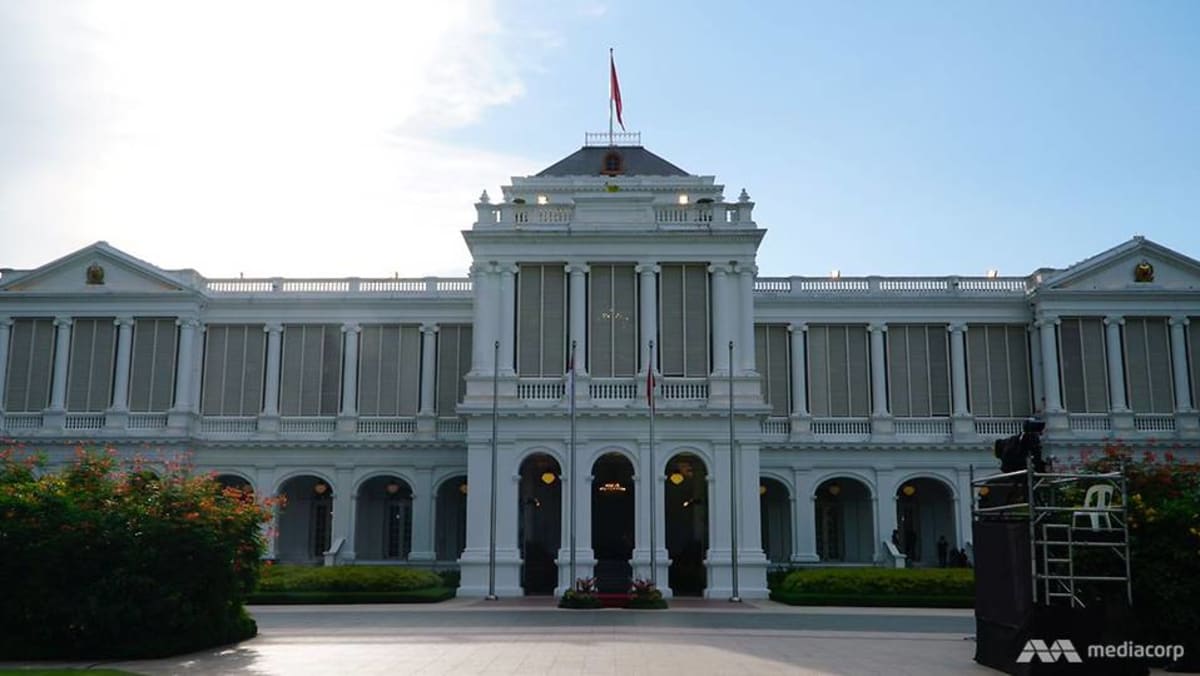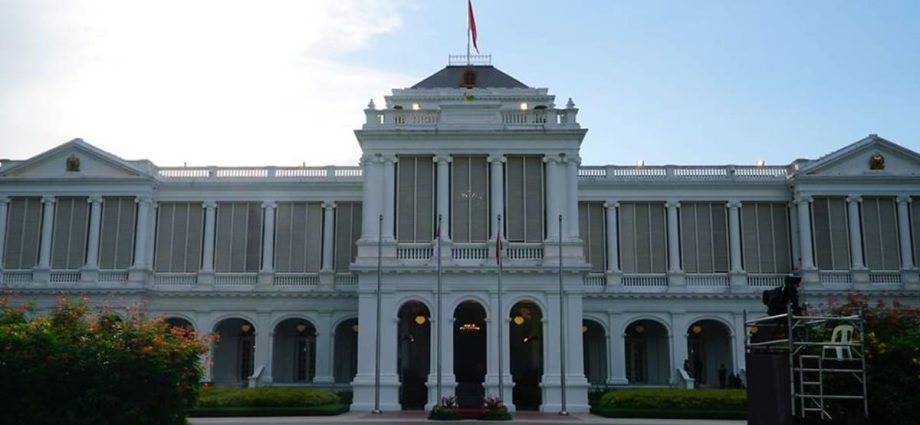
WHO QUALIFIES AS A PROSPECTIVE CANDIDATE AND HOW DO THEY NOMINATE THEMSELVES?
Candidates, who must be at least 45 years old, will need to satisfy the PEC that they are a “person of integrity, good character and reputation” and must also meet the relevant public sector or private sector service requirements.
To fulfil the public sector condition, presidential candidates must have held office – for at least three years – as a minister, chief justice, Speaker of Parliament, attorney-general or permanent secretary among others.
Chief executives of key statutory boards or government-owned companies like Temasek also qualify.
Meanwhile, private sector candidates must have served for at least three years as chief executive of a company that has at least S$500 million (US$370 million) in shareholders’ equity and has made profit after tax throughout those three years.
On Nomination Day, prospective candidates must present their nomination papers and certificates to the returning officer in person at the nomination centre between 11am and 12pm.
A Returning Officer is an individual who has been appointed by the Prime Minister to oversee the impartial and smooth conduct of elections.
If only one candidate is successfully nominated, the Returning Officer will declare that person as the elected president.
If more than one candidate is successfully nominated, a poll must be conducted.
The campaign period starts on Nomination Day, immediately after the conclusion of the nomination proceedings. It will end at the start of what is called “Cooling-off Day” – which is the eve of Polling Day.
During this time, campaigning is prohibited so as to give voters time to reflect on issues raised during the election before going to the polls.
HOW DO I VOTE?
Voting is compulsory for Singaporeans aged 21 and above. If your name has been struck off the Register of Electors for not having voted in a previous election, you may apply via the Elections Department website to restore your name.
No restoration can be made once the Writ of Election has been issued.
If the election is contested, you will receive your poll card by post at your registered residential address, two to three working days after Nomination Day.
On Polling Day, you will need to take your poll card and NRIC to your designated station. You can cast your vote between 8am and 8pm on that day.
After polls close, the ballot boxes will be transported to the counting centres. The Returning Officer will announce the outcome of the poll after the count is completed.
WHAT ABOUT VOTERS OVERSEAS AND IN NURSING HOMES?
The upcoming election will also feature new voting arrangements, following changes to the Singapore’s election laws that were passed in Parliament in March.
As part of a pilot involving around 25 to 30 nursing homes, polling stations will be set up on-site and mobile polling teams may be deployed to bring the ballot boxes and papers to voters who are bed-bound.
This comes after ELD said last May that it was collecting feedback from stakeholders including nursing home operators on introducing special voting arrangements to improve voting accessibility.
Meanwhile, eligible Singaporeans living overseas will be able to vote by post for the upcoming election.
Overseas Singaporeans who have registered for postal voting can log in to the ELD website the day after Nomination Day to print the postal ballot paper and return envelope if the election is contested.
The return envelopes containing postal ballot papers as well as boxes containing ballot papers cast at overseas polling stations will be transported back to Singapore for counting after Polling Day.
The envelopes and boxes must reach the custody of the Returning Officer in Singapore no later than 10 days after Polling Day.
If the number of overseas voters has no “material impact” on the election outcome, the Returning Office will declare the candidate who receives the highest number of votes to be elected, says ELD.
An example is if the total number of overseas votes is smaller than the difference between the number of local votes polled for the top two candidates.
However, if there is a material impact, the Returning Officer will announce the number of votes cast in Singapore in favour of each candidate and will defer the declaration of the candidate elected, until after the overseas votes are counted.

